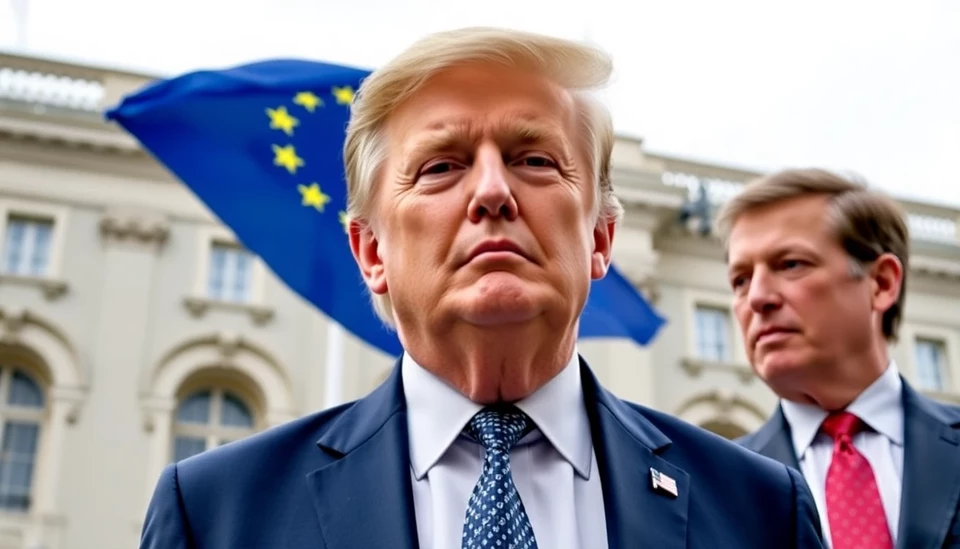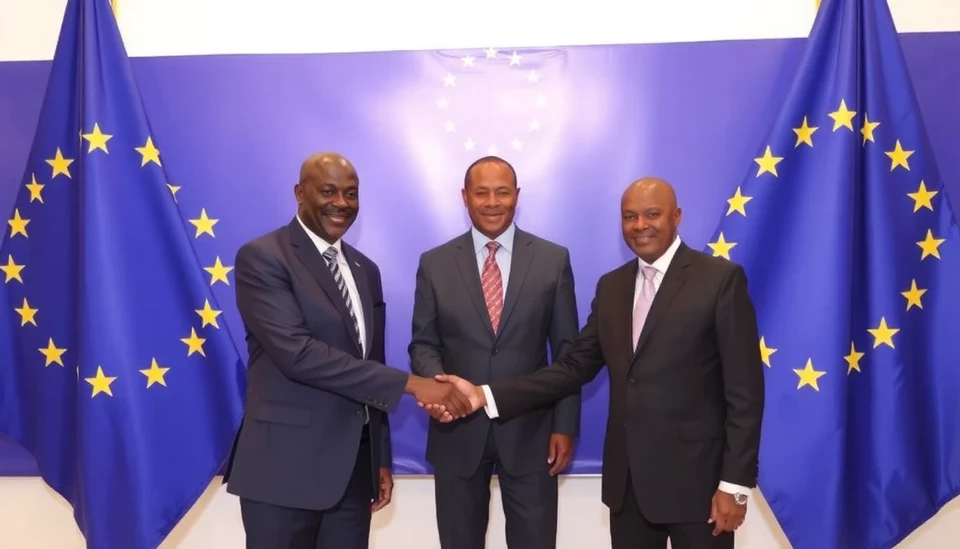
In a significant pivot towards enhancing its financial stability, the European Union (EU) has announced plans to explore innovative financial tools. This strategic move comes in response to increasing economic uncertainty and political pressures, notably from former President Donald Trump, who has been vocal about his intentions to reshape various economic policies affecting Europe.
As the geopolitical landscape continues to evolve, EU officials have acknowledged the pressing need to bolster its economic resilience. In recent discussions, leaders within the bloc suggested that traditional financial mechanisms may not suffice to counter the emerging challenges. Thus, the exploration of advanced financial instruments, including digital assets and enhanced funding frameworks, has gained traction.
The growing atmosphere of unpredictability, exacerbated by Trump’s critical stance on trade agreements and his appeal for a reevaluation of transatlantic relations, has prompted EU leaders to consider these new avenues seriously. The former U.S. president, who has not shied away from challenging international norms, poses both a challenge and an opportunity for EU policymakers to rethink their economic strategies.
Some EU officials speculate that these financial innovations could include the establishment of a digital euro, tools aimed at fostering private investments, and increased collaboration with financial institutions to create more resilient economic pathways. These measures are perceived as not only a response to immediate pressures but also as proactive steps to ensure the bloc’s long-term stability and growth.
Moreover, the idea of diversifying the EU's financial dependencies has sparked discussions about reducing reliance on traditional markets that may be susceptible to volatile political climates. By investing in new technologies and systems, the EU aims to create a more robust financial framework that can withstand external shocks and provide greater economic security for its member states.
While discussions are still in the early stages, the potential impact of these initiatives could usher in a new era of EU financial policy, emphasizing innovation and resilience. As leaders deliberate on these strategies, the overarching question remains: how will these changes influence the EU’s role on the global stage and its relationship with the U.S. under Trump's influence and beyond?
In conclusion, the EU's ambition to explore new financial tools reflects a broader recognition of the complex interplay between economy and politics. With an eye on the future, EU officials are determined to adapt and evolve in the face of shifting political tides, ensuring that Europe remains a competitive and solid economic entity.
#EU #Finance #Innovation #Trump #EconomicStrategy #DigitalEuro #Resilience #TradeRelations #GlobalEconomy #EconomicPolicy
Author: Daniel Foster




